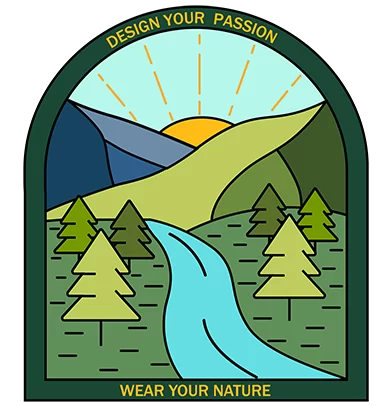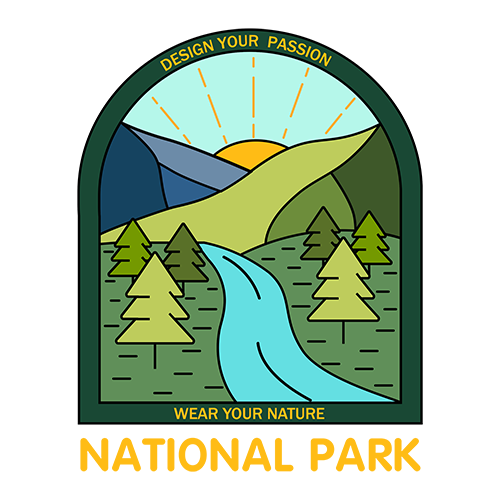Are you ready to embark on an adventure into the heart of nature? Exploring national parks is an exhilarating experience, but being prepared is essential. In this guide, nationalparkshops.com will walk you through the essentials of traveling to National Park for beginners.
National Park for Beginners: Overview
Before we dive into the essentials, let’s understand what makes national parks so special. These pristine landscapes offer a glimpse into the raw beauty of nature, boasting diverse ecosystems, breathtaking vistas, and abundant wildlife. For beginners, national parks provide the perfect opportunity to disconnect from the hustle and bustle of everyday life and reconnect with the great outdoors.
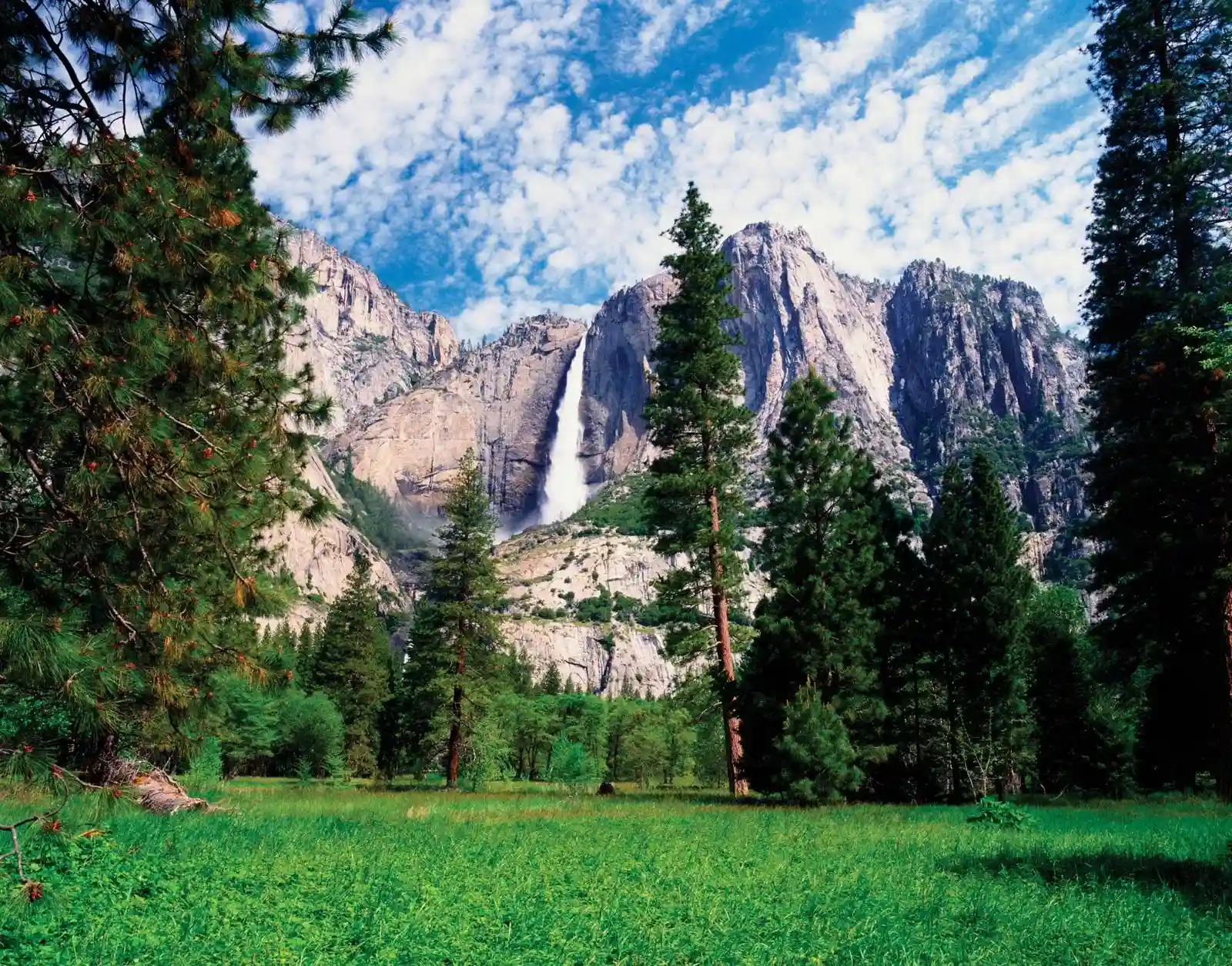
10 Essential Things When Traveling to National Park
Water and snacks
Staying hydrated and fueled is crucial for maintaining energy levels and overall well-being during outdoor adventures. When exploring national parks, you often find yourself exerting more energy than usual through activities like hiking, biking, or even just walking long distances.
Carrying an ample supply of water helps prevent dehydration, especially in hot and dry climates. Additionally, having nutritious snacks on hand provides a quick boost of energy to keep you going throughout the day. Opt for lightweight, non-perishable snacks like trail mix, energy bars, or dried fruit that are easy to pack and consume on the go.
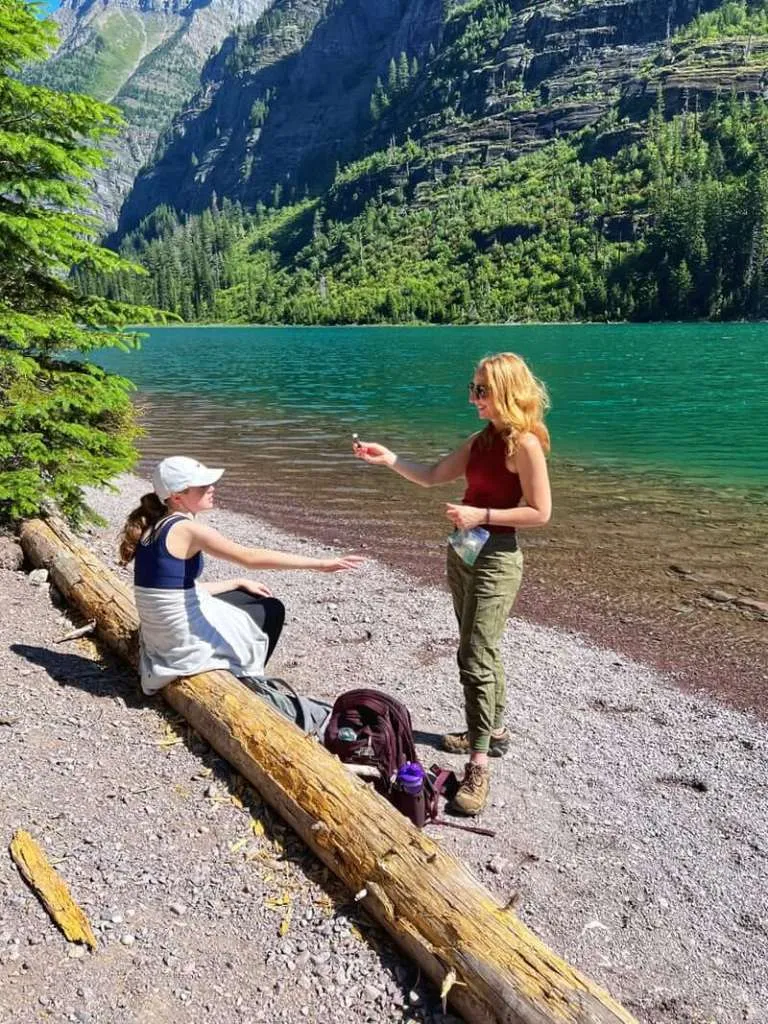
Backpack
A durable and well-fitted backpack is essential for comfortably carrying all your gear and supplies during your national park excursions. Look for a backpack with padded shoulder straps and a waist belt to evenly distribute the weight and prevent strain on your back and shoulders. Choose a backpack made from water-resistant material to protect your gear from unexpected rain or splashes from rivers and streams.
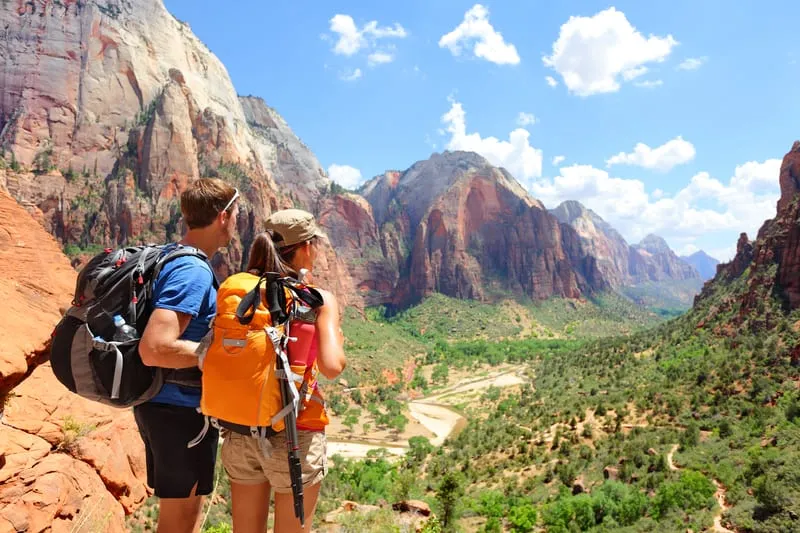
Park map
Navigating the vast and sometimes complex terrain of national parks can be challenging without a reliable map. A park map serves as your guide to the trails, points of interest, and facilities within the park, helping you plan your route and stay on track during your adventures.
Whether you prefer a paper map obtained from the visitor center or a digital map downloaded to your smartphone, having access to accurate and up-to-date information about the park’s layout and features is essential for a safe and enjoyable experience. Familiarize yourself with the map before setting out, and refer to it as needed to avoid getting lost or disoriented.
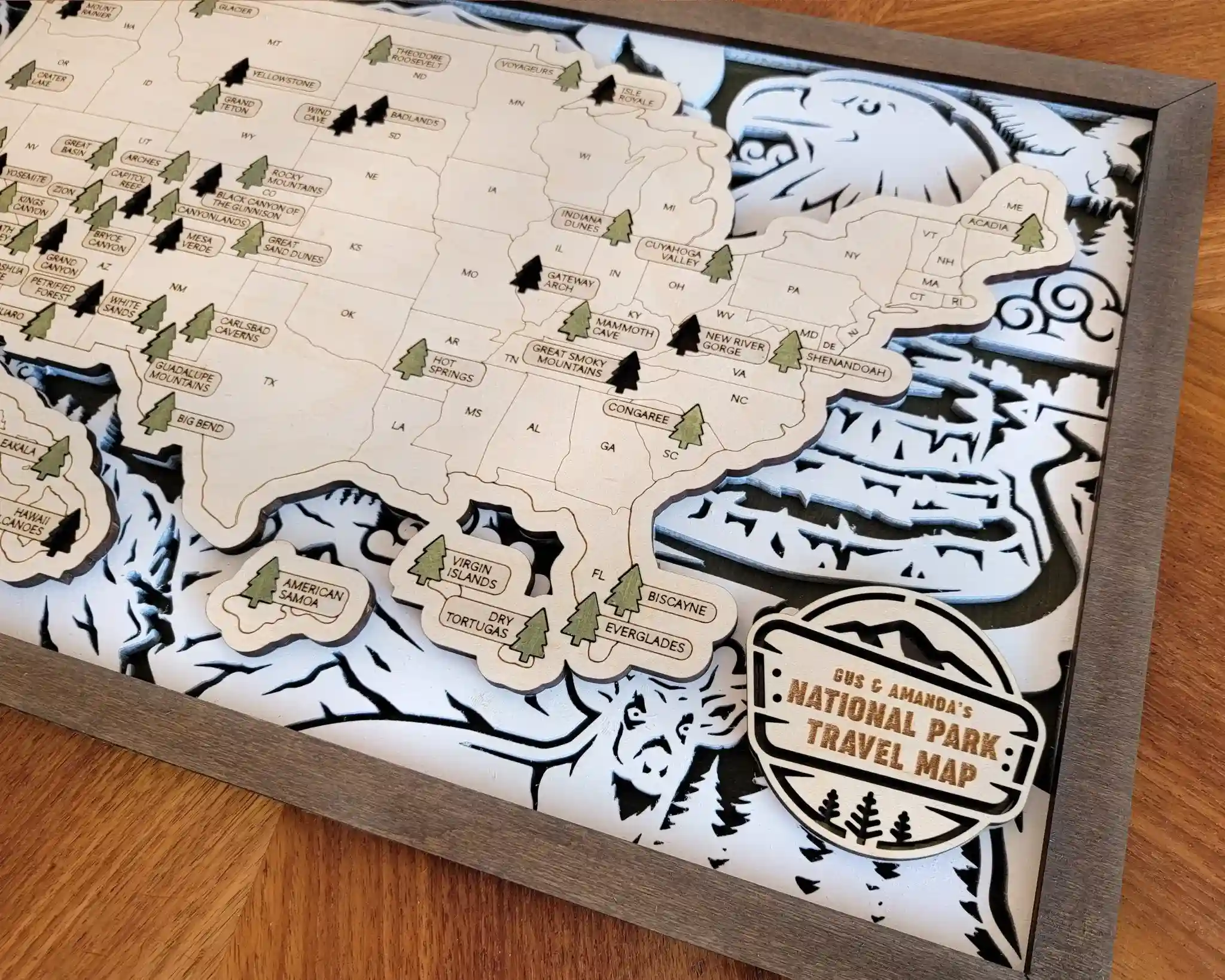
Lights
As the sun sets and darkness falls, having a reliable source of light becomes crucial for navigating trails, setting up camp, and performing tasks around your campsite. A headlamp or flashlight with adjustable brightness levels and a long battery life is essential for illuminating your surroundings and providing visibility in low-light conditions. Remember to pack spare batteries or a rechargeable power source to ensure your lights stay functional throughout your trip.
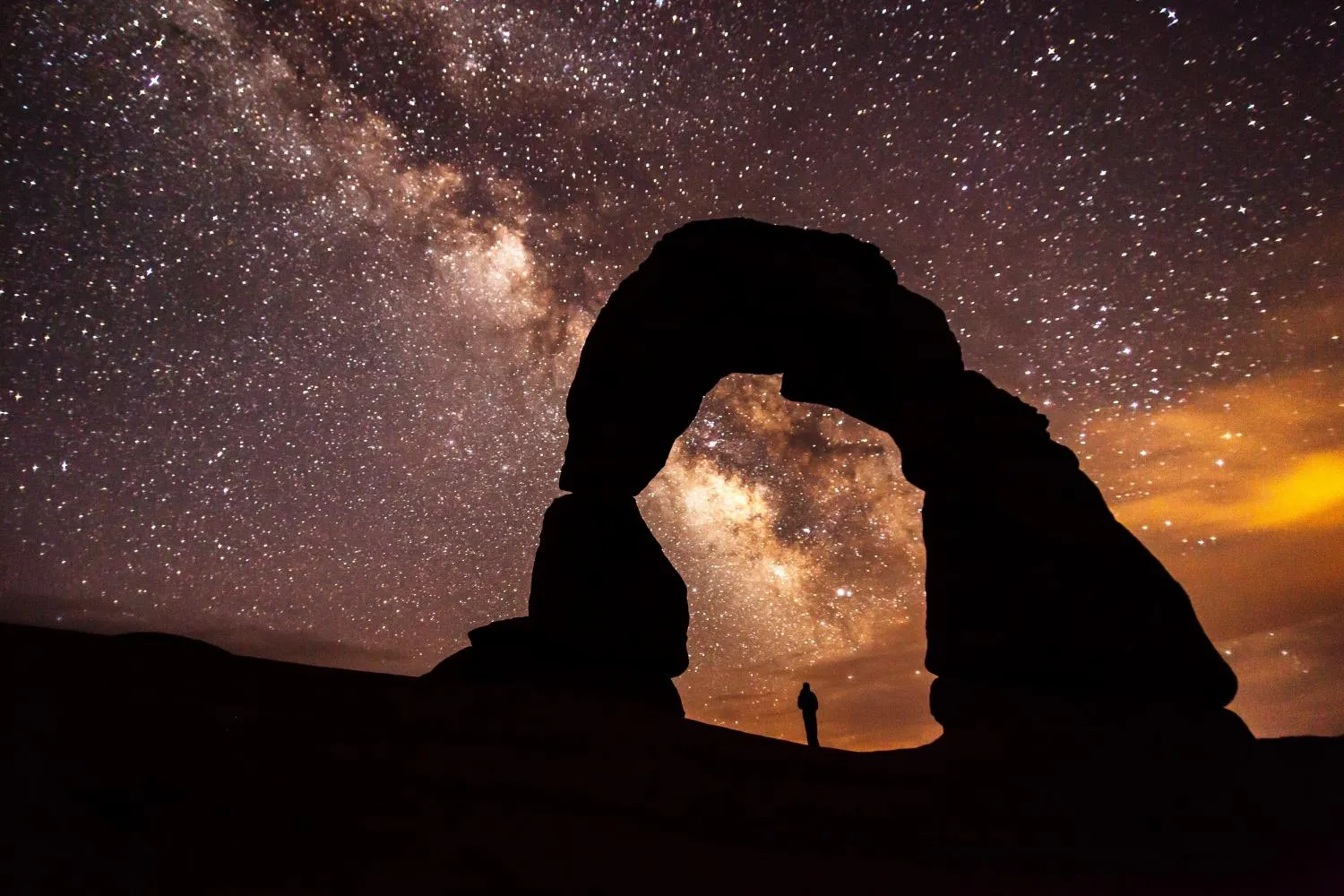
First-Aid Kit
Accidents and injuries can happen unexpectedly, even in the safest outdoor environments. A well-stocked first-aid kit is essential for treating minor wounds, injuries, and illnesses during your national park adventures.
Include essential items such as adhesive bandages, gauze pads, antiseptic wipes, tweezers, scissors, pain relievers, and any personal medications you may need. Additionally, consider including items specific to the activities you’ll be participating in, such as blister treatment for hiking or insect repellent for camping. Be sure to familiarize yourself with the contents of your first-aid kit and how to use them effectively in case of emergencies.

Sturdy Tents
A quality tent provides essential shelter and protection from the elements during overnight stays in national parks. Whether you’re camping in established campgrounds or venturing into backcountry wilderness areas, a sturdy tent is essential for a comfortable and safe outdoor experience.
Consider factors such as tent capacity, weight, and ease of setup when choosing the right tent for your needs. Properly maintain and care for your tent to prolong its lifespan and ensure it remains a reliable shelter for future adventures.
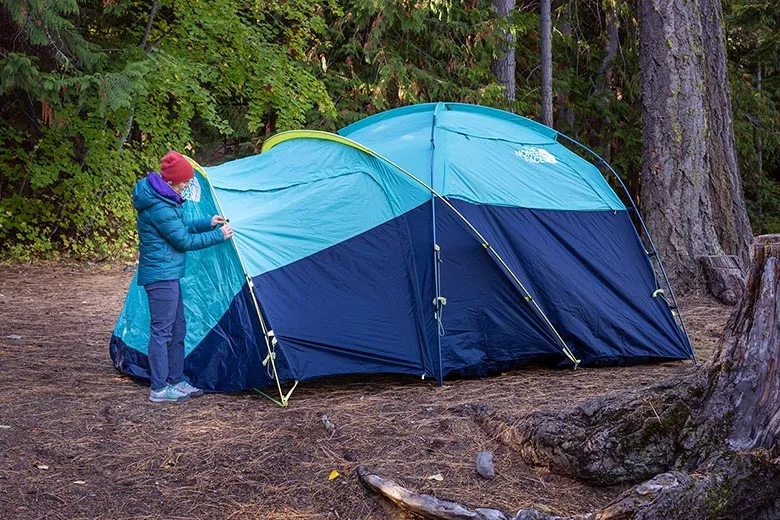
Hiking boots
Choice of footwear can make or break your hiking experience in national parks. Invest in a pair of high-quality hiking boots that provide support, traction, and protection for your feet on rugged terrain.
Properly fitting boots help prevent blisters, sprains, and other foot injuries, allowing you to focus on enjoying the scenery and exploring the trails.
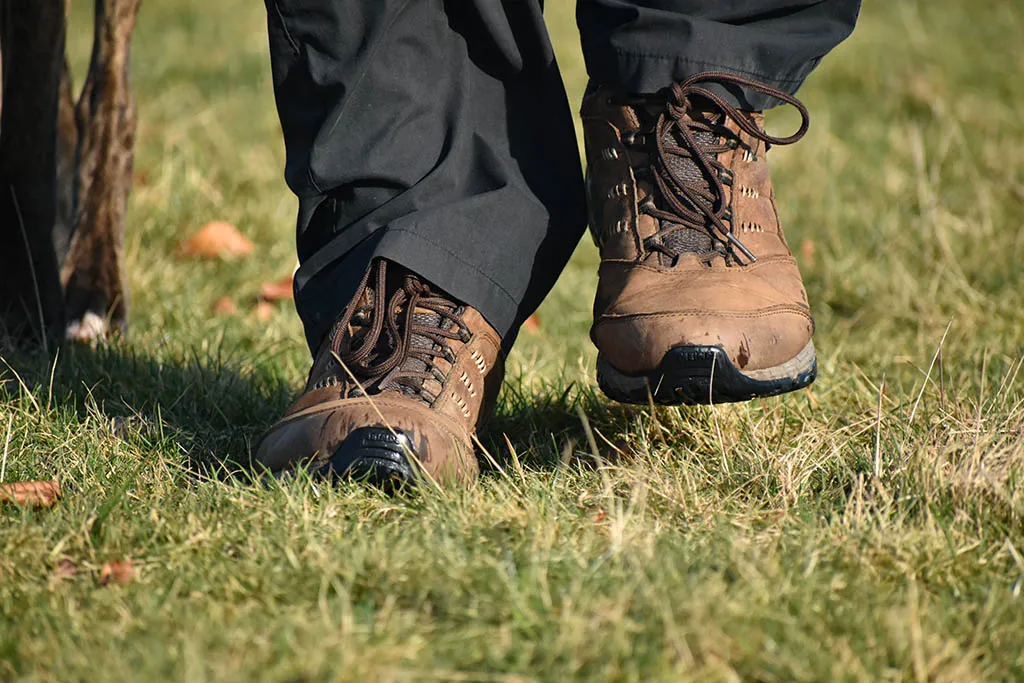
Phone charger
While disconnecting from technology is part of the appeal of visiting national parks, having a fully charged phone can be a valuable safety tool in case of emergencies.
Pack a portable charger or solar charger to keep your devices powered up, especially if you spend multiple days in the wilderness without access to electrical outlets. Be mindful of your phone usage to conserve battery life and ensure it lasts throughout your trip.
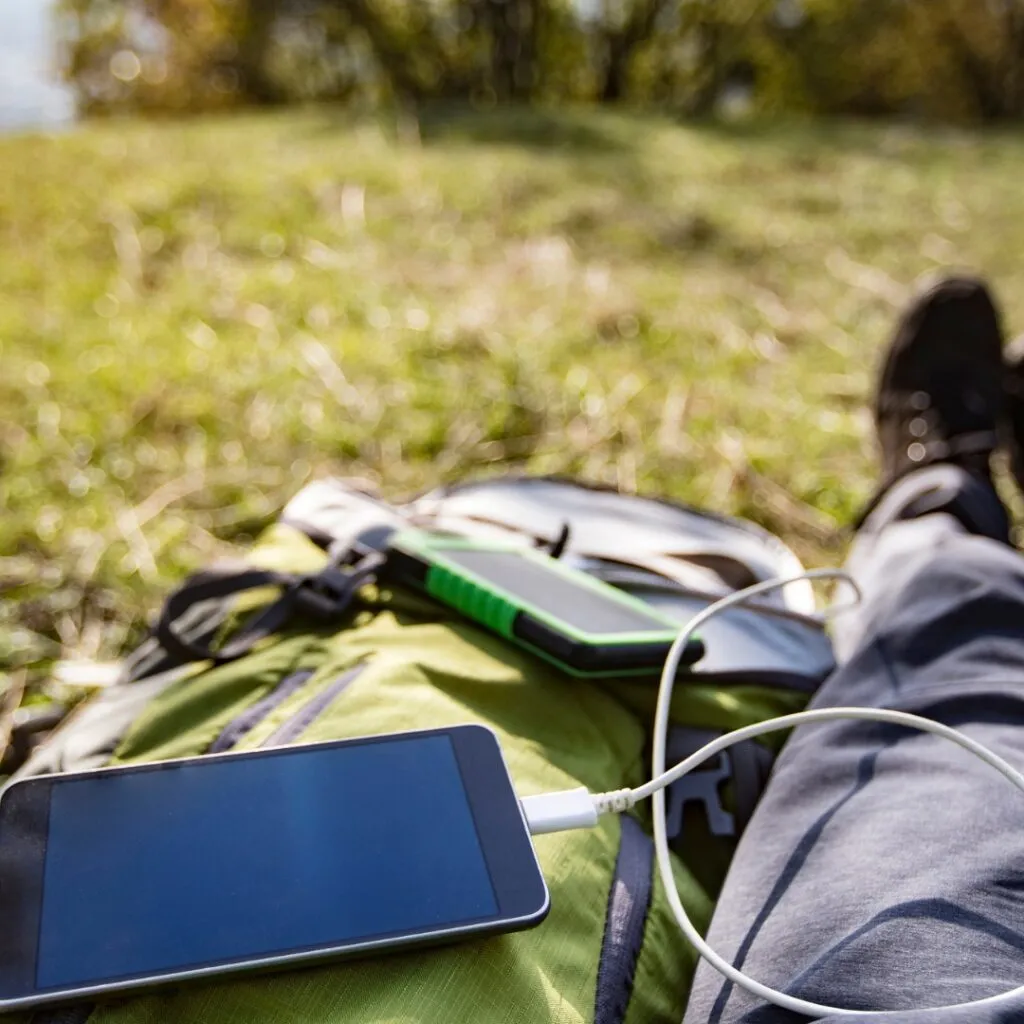
Sunscreen
Protect yourself from the sun’s rays by applying sunscreen with a high SPF rating to exposed skin, including your face, neck, arms, and legs. Choose a broad-spectrum sunscreen that offers protection against both UVA and UVB rays, and reapply it regularly, especially after swimming, sweating, or toweling off.

Identification
Carrying a form of identification with you for your safety and security during outdoor adventures in national parks. In the event of an emergency, park rangers and rescue personnel need to be able to quickly identify and assist you.
Carry a government-issued photo ID, such as a driver’s license or passport, as well as any relevant permits or passes required for entry into the park. Additionally, consider carrying a copy of your emergency contact information and any pertinent medical information, such as allergies or pre-existing conditions, to aid first responders in providing timely and appropriate assistance.
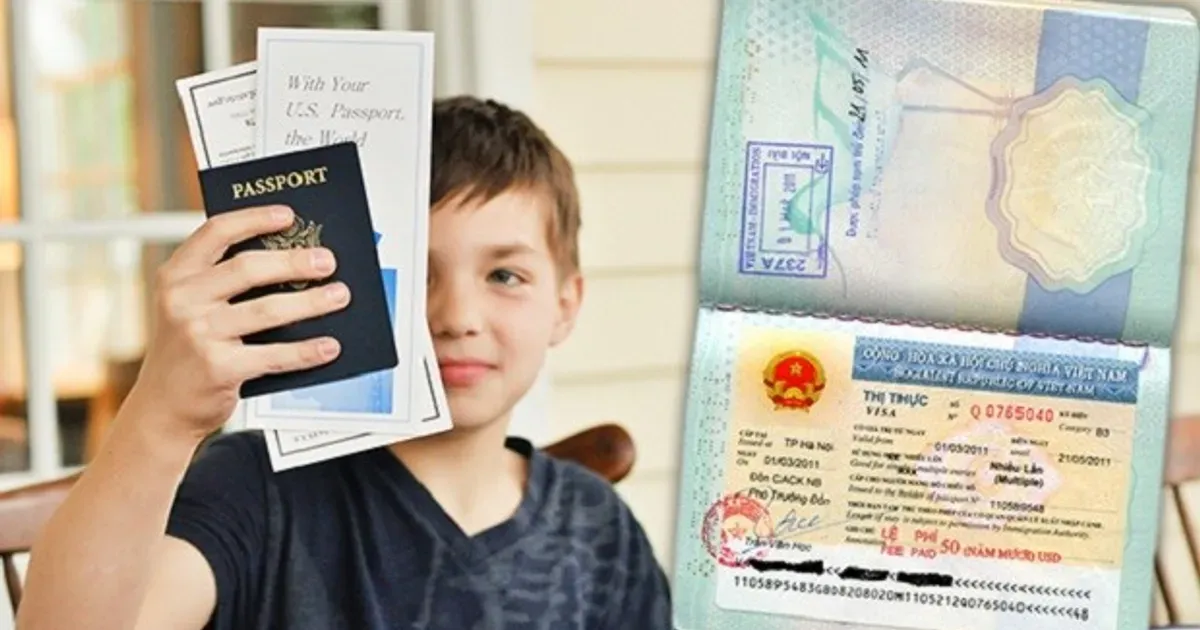
National Parks Tips for Beginners
Understand the National Park System Basics
Before embarking on your national park adventure, take the time to familiarize yourself with the basics of the National Park System. Learn about the different types of parks, including national parks, national monuments, and national historic sites, and understand their respective purposes and designations. Research park-specific rules and regulations regarding camping, hiking, wildlife viewing, and other activities to ensure compliance and minimize your impact on the environment.
Know When to Go
Timing is everything when it comes to visiting national parks. Consider factors such as weather, crowd levels, and seasonal attractions when planning your trip. Peak tourist seasons can be crowded and expensive, while shoulder seasons offer quieter trails and more affordable accommodations. Research the best time to visit your chosen park based on your interests and preferences, and be prepared to adjust your plans accordingly based on current conditions and forecasts.
Have a Plan for Getting Around
Upon arrival at certain national parks, cars may not always represent the optimal mode of transportation. Some national parks face significant challenges due to excessive car traffic or limited parking availability, rendering cars more of a hindrance than convenience.
Before embarking on your trip, carefully assess the transportation alternatives that best suit your destination and schedule. Contemplate utilizing park shuttles, bicycles, or even walking/hiking whenever feasible. In numerous cases, you’ll likely find that exploring the park without a car enhances your overall experience significantly!
Respect Nature
Respecting nature is not only a fundamental principle of outdoor ethics but also essential for preserving the beauty and integrity of national parks for future generations to enjoy.
Regrettably, the misconduct of numerous visitors has become a common sight at the majority of national parks nowadays. Set a positive example within your family by adhering to the principle of “leave no trace.” Encourage your children to refrain from feeding wildlife, littering, or causing harm to the natural environment.
Moreover, guests of national parks must recognize that the pristine wilderness that attracts them can also pose dangers. Unlike Disneyland, national parks don’t meticulously control every hazard to negligible levels. Wild animals, unpredictable weather, and natural surprises can present risks at any moment. Show reverence for these realities.
List the best National Parks for Beginners to Visit
Here are some of the best National Parks for beginners to visit:
Shenandoah National Park: Shenandoah National Park in Virginia is a great choice for those who enjoy scenic drives and beautiful mountain views.
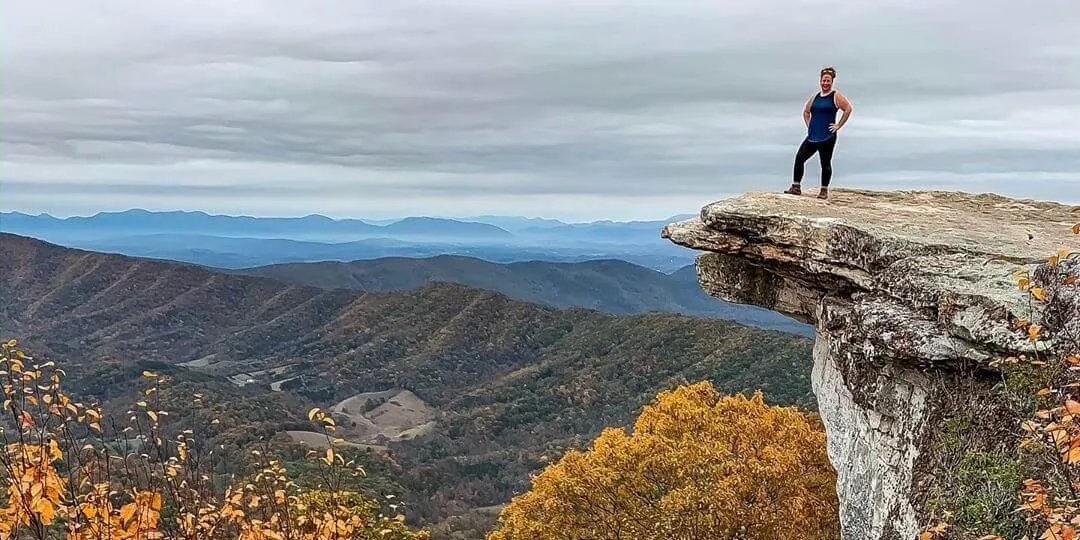
Grand Canyon National Park: The Grand Canyon in Arizona is one of the Seven Natural Wonders of the World. The canyon is vast and awe-inspiring, and there are many ways to experience it, from hiking down into the canyon to taking a mule ride or helicopter tour.
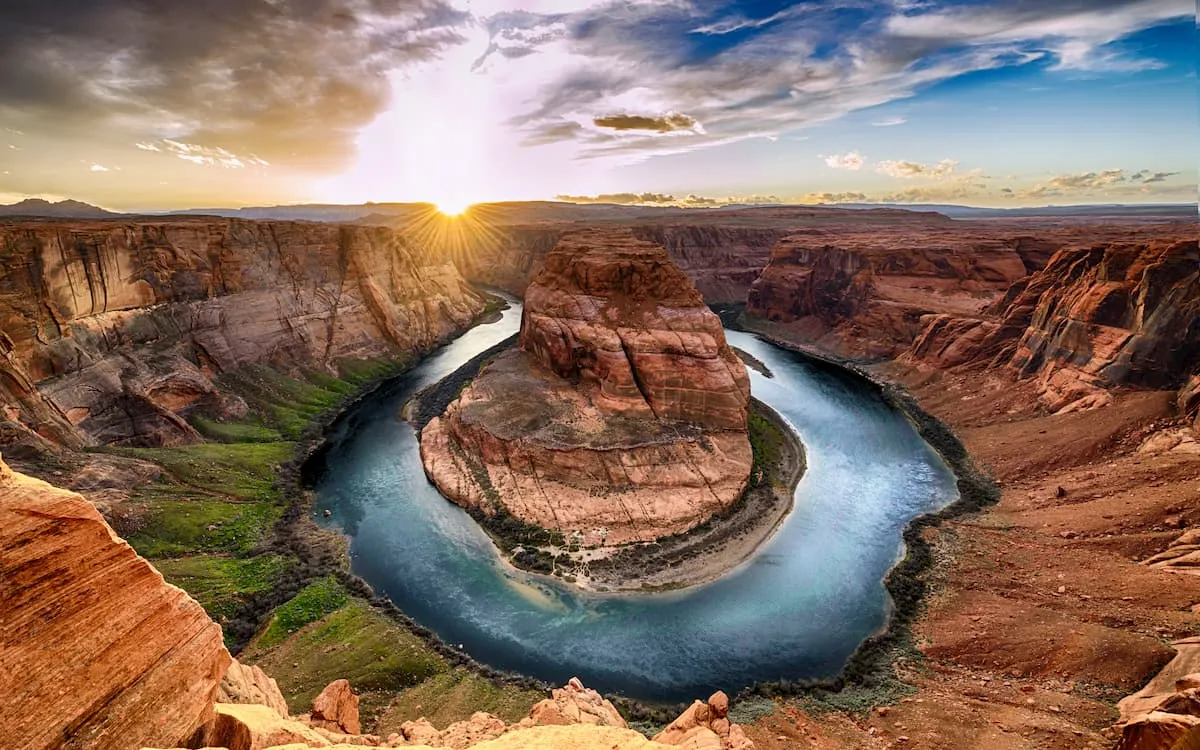
Great Smoky Mountains National Park: Great Smoky Mountains National Park is a great choice for beginners because of its ease of access and abundance of amenities.
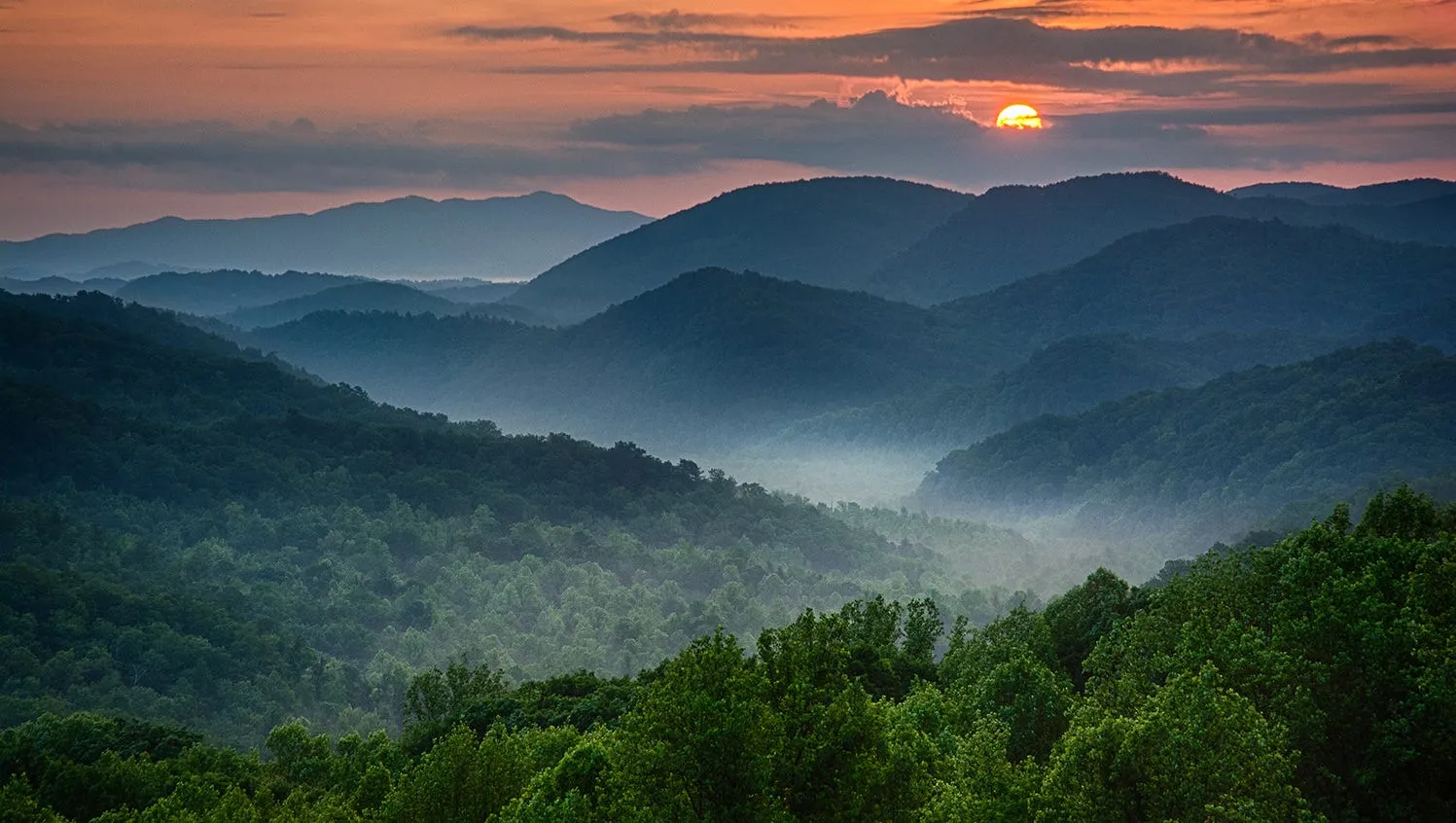
Rocky Mountain National Park: Rocky Mountain National Park is located in Colorado. The park offers stunning alpine scenery, wildlife viewing opportunities, and a variety of hiking trails for all skill levels.
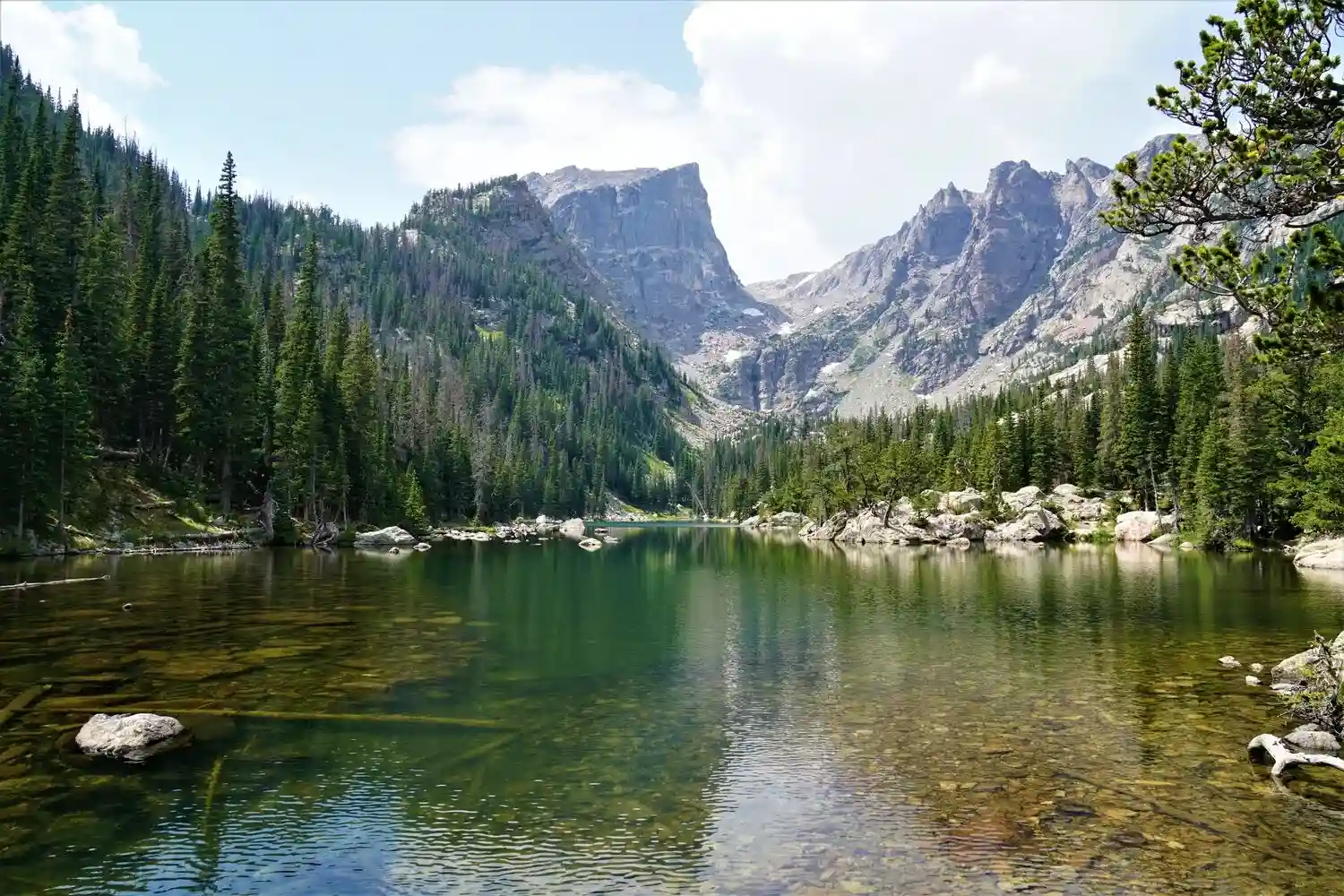
Embarking on a journey to a national park is an exhilarating adventure filled with awe-inspiring landscapes, breathtaking vistas, and unforgettable experiences. By equipping yourself with the 10 essential things when traveling to National Park for beginners, you’ll be well-prepared to tackle the wilderness and make the most of your outdoor adventures. With the right preparation and mindset, you’ll create memories that will last a lifetime and develop a deeper appreciation for the natural wonders of our world.
Refer to related articles:
